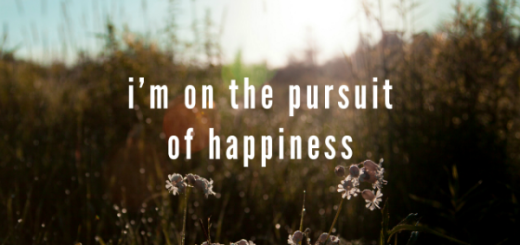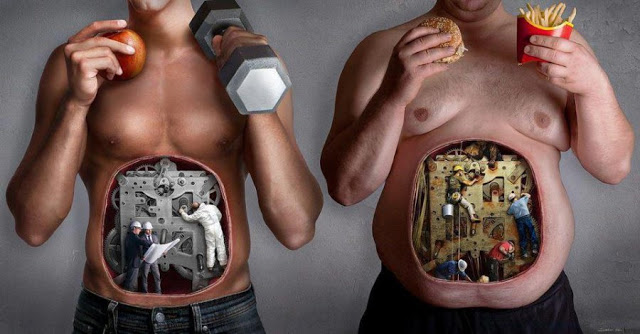Becoming a Critic Of Your Thinking

There is nothing more practical than sound thinking. No matter what your circumstance or goals, no matter where you are, or what problems you face, you are better off if your thinking is skilled. As a manager, leader, employee, citizen, lover, friend, parent — in every realm and situation of your life — good thinking pays off. Poor thinking, in turn, inevitably causes problems, wastes time and energy, engenders frustration and pain.
Critical thinking is the disciplined art of ensuring that you use the best thinking you are capable of in any set of circumstances. The general goal of thinking is to “figure out the lay of the land” in any situation we are in. We all have multiple choices to make. We need the best information to make the best choices.
Consider the following key ideas, which, when applied, result in a mind practicing skilled thinking.
1. Clarify Your Thinking
Be on the look-out for vague, fuzzy, formless, blurred thinking. Try to figure out the real meaning of what people are saying. Look on the surface. Look beneath the surface. Our own thinking usually seems clear to us, even when it is not. But vague, ambiguous, muddled, deceptive, or misleading thinking are significant problems in human life.
2. Stick to the Point
Be on the lookout for fragmented thinking, thinking that leaps about with no logical connections. Start noticing when you or others fail to stay focused on what is relevant. Focus on finding what will aid you in truly solving a problem. When thinking is relevant, it is focused on the main task at hand.
3. Question Questions
Be on the lookout for questions. The ones we ask. The ones we fail to ask. Look on the surface. Look beneath the surface. Listen to how people question, when they question, when they fail to question. Look closely at the questions asked. What questions do you ask, should you ask? Examine the extent to which you are a questioner, or simply one who accepts the definitions of situations given by others.
4. Be Reasonable
Be on the lookout for reasonable and unreasonable behaviors — yours and others. Look on the surface. Look beneath the surface. Listen to what people say. Look closely at what they do. Notice when you are unwilling to listen to the views of others, when you simply see yourself as right and others as wrong. Ask yourself at those moments whether their views might have any merit. See if you can break through your defensiveness to hear what they are saying.
There is no magic in these specific ideas. In short, it is important that you understand these as a sampling of all the possible ways in which the mind can work to discipline itself, to think at a higher level of quality, to function better in the world.
Photo via pixshark.com







